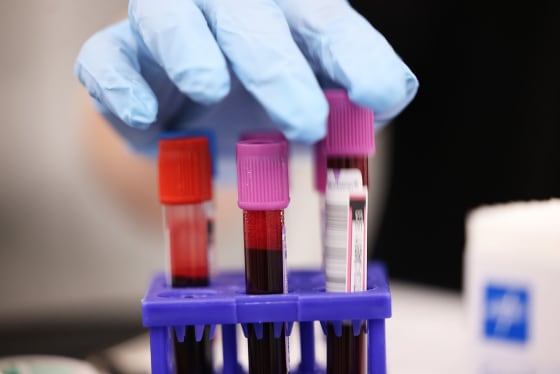
Following a cyberattack, the New York Blood Center, one of the biggest nonprofit blood donation and distribution facilities in the nation, has canceled blood drives and appointments.
The blood center claimed in a statement put to its website on Wednesday that ransomware was used by hackers to assault it on Sunday, severely impairing its ability to operate.
Although donors are being warned to anticipate longer wait times, the organization is still taking blood donations. There is no projected timeline for when it will resume full operations.
According to America’s Blood Centers, a nonprofit organization that advocates for blood donation facilities nationwide, 60% of the nation’s blood supply comes from independent blood suppliers like the blood center, which is the biggest in the New York City region.
A form of cybercrime known as ransomware occurs when hackers lock down a company’s computer networks and demand bitcoin in exchange for a code or program that unlocks the networks.
Containing a ransomware attack for a target organization usually entails bringing computers down and either replacing all of the equipment or attempting to remove the malicious software from each one. Ransomware can be quite disruptive, even if the victim pays.
Due to the incident, the New York Blood Center stated on Friday that it was canceling eight blood drives planned for Friday and nine for Sunday.
Prior to the cyberattack, it was already experiencing a great deal of stress.
It declared a blood emergency last week. Its supplies of kinds O and B blood have decreased to levels that could only last one or two days due to a number of circumstances, including school breaks and winter travel.
Ransomware attacks on sensitive organizations, including medical nonprofits, have become widespread, according to Allan Liska, a ransomware analyst at the cybersecurity firm Recorded Future, who spoke to NBC News.
Although this most recent attack should come as a shock, he said, ransomware organizations have previously targeted food banks, children’s hospitals, and blood banks. Simply put, the threat actors responsible for ransomware assaults don’t care who they kill or starve.
According to Liska, ransomware is still a recurring issue. According to Recorded Future, there were 4,634 globally reported assaults in 2024, compared to 4,400 in 2023.
